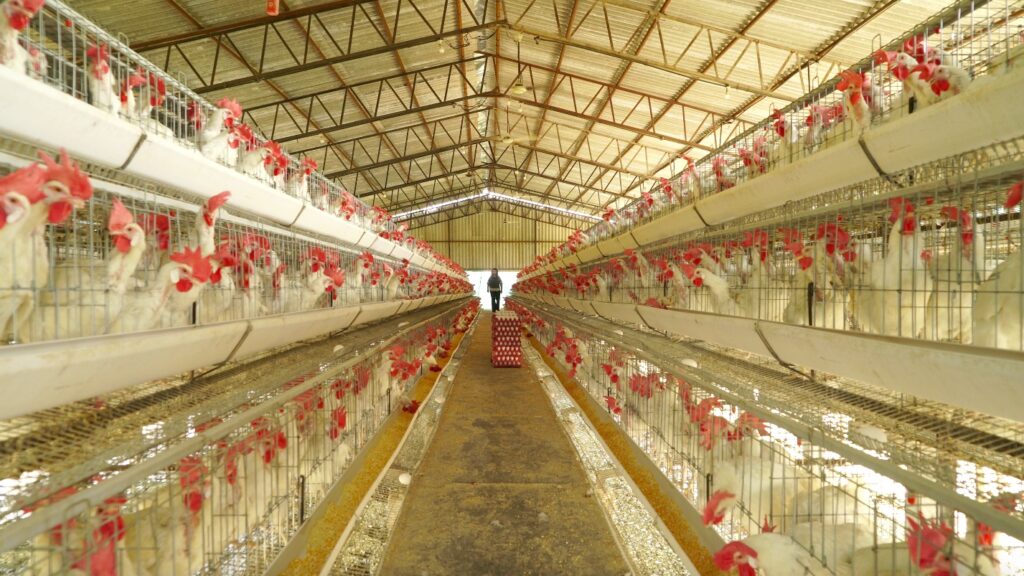The truth about eggs
Eggs have been projected as the de facto breakfast option in the modern day world. However, with so much being said about eggs, there continue to be a large section of people that warn against them.
So, the question arises how much do we really know about eggs?
Here are some points to note before consuming eggs:
- Eggs are not essential but a mere addition to the human diet
Notably, there is no consensus regarding the recommended egg intake. This is because eggs are not an essential part of our diet but have been added to it by creating a demand for them. Research has shown that consuming egg yolks can be two-thirds as harmful as smoking and can cause heart complications and stroke. Furthermore, eggs contain choline, which when consumed in excess can cause arterial plaques, stroke, and cardiovascular disorders. Egg consumption on a daily basis reportedly tends to double the risk of type-2 diabetes in men and women by affecting the blood sugar metabolism.
- Eggs are not the only source of protein

We have often been told that eggs are a great source of protein. However, eggs pale in comparison to plant-based protein as one egg of 50 gm contains only about 6-7 gm of protein whereas 50 gm of boiled soybean contain approximately 8.5 gm of protein. Furthermore, the soybean is devoid of any saturated fats while eggs contain saturated fat and cholesterol that can cause some health hazards.
- Eggs can cause food poisoning
Several studies have shown that eggs can cause food poisoning. It has been well reported that egg consumption can cause Salmonella poisoning, as eggs are the main source of Salmonella bacteria which is commonly transmitted if eggs are not cooked properly. Moreover, hens that lay the eggs are often treated with antibiotics and hormones, which can cause food poisoning, infections, disorders, and even cancer in humans. Apart from this, hens often eat feed treated with pesticides. Any traces of these dangerous pesticides can be extremely harmful to the human body.
- Egg production is cruel

India is third largest egg producer worldwide with 460 million hens per year,. To meet the growing demand of eggs, factory farms force hens to lay about 30 times more eggs than they naturally do. It is extremely sad that more than 80% of eggs are produced in inhumane factory farms. Unfortunately, the birds are cruelly treated, debeaked, and cramped inside cages, causing them hemorrhages, fractures, and dehydration.
- Egg farming adversely affects the environment
The carbon footprint of eggs per dozen is approximately 2.7 kg of CO2 equivalent, and research suggests that excessive industrial farming of eggs can have grave environmental effects including ozone depletion, global warming, climate change, land and water pollution and acidification, and toxicity to humans. A 2017 research study has shown that caged poultry farming can result in groundwater contamination with dangerous levels of nitrates, sulphates, and heavy metals. Exposure to these contaminants through drinking water can result in diseases such as cancer and fatality in humans and organ dysfunction in animals.
These clear facts are extremely shocking but are less known to people who eat eggs regularly. So spread this information and think about the source of your food before you consume animal products such as eggs. If this has changed your mind about eggs and you are looking for alternatives, here is a plant-based and compassionate path for you.
1 comment
Comments are closed.
Pledge to try veg


There’s definately a great deal to find out about this issue.
I like all of the points you made.